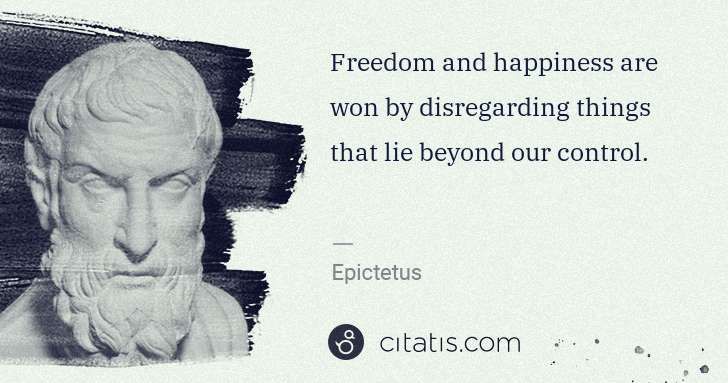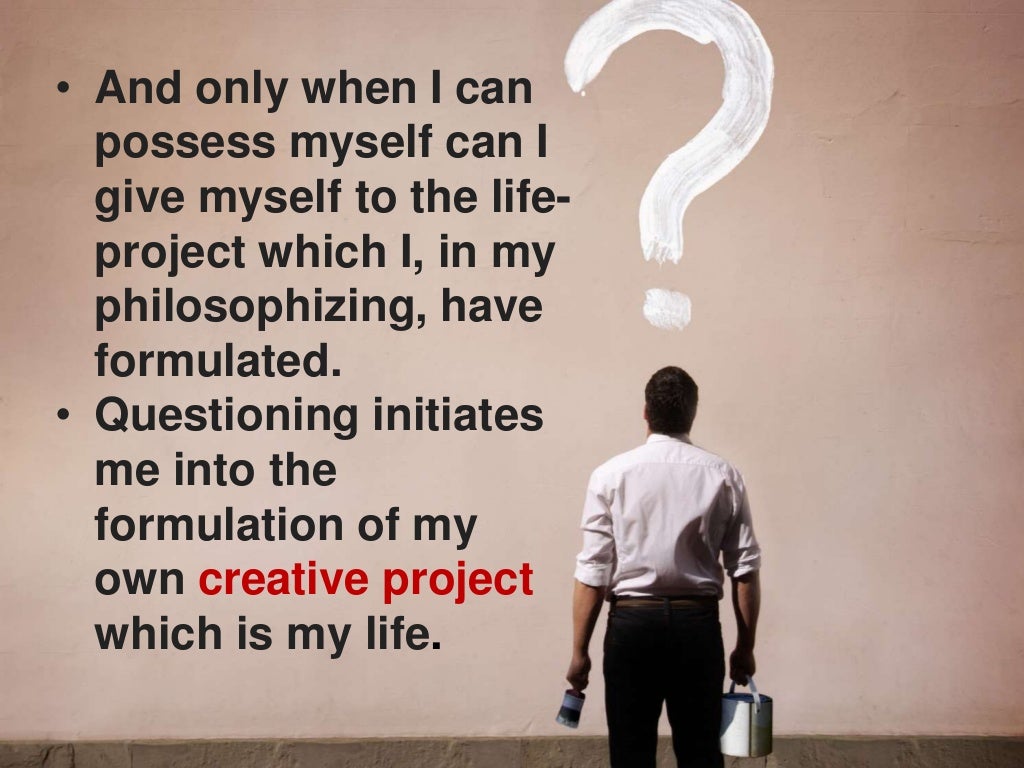

Human beings create their own realities when they lose sight of the rational workings of the logos.

An important aspect of the foundation of Stoicism is Heraclitus' claim that "Life is Flux", everything is always changing, and so the disappointment one experiences today cannot last into tomorrow unless the person who has been disappointed chooses to make that so. fate, which includes the human will, does not ruin the possibility of becoming wise. The logos is not sending `trials' or `tests' to people nor, according to Epictetus, are any of the aspects of human life which are regarded as negative anything other than natural and normal.īecause of the biological make up of a human being, that organism will be subject to age, sickness and death and, because of the psychological make up, a human will experience disappointment when expectations are not met. What conception of freedom is expressed in the thought of Epictetus. But then he begins to talk about the body, health etc not being under our control and to accept whatever god has planned for us. In it he talks at length about freedom and states that you should give up desire for anything outside of your control. These things, which humans define as `bad' or `tragic', are, to the logos, simply a part of the human experience. : Great Ideas V of Human Freedom (Penguin Great Ideas) (9780141192352) by Epictetus and a great selection of similar New, Used and Collectible Books available now at great prices. I’ve just finished reading ‘of human freedom’ by Epictetus. The `plan' of the logos was the rational, natural, maintenance of the world which includes, for human beings, aging, sickness, disappointment, and death.

Epictetus claims that the path to freedom from suffering is by accepting the natural order of life and with it the possibility of unpleasant circumstances. Epictetus is saying that the only thing that is truly and irrevocably up to us is our will, which manifests itself into three distinct (and yet related) subdomains: our endorsed opinions, our.


 0 kommentar(er)
0 kommentar(er)
